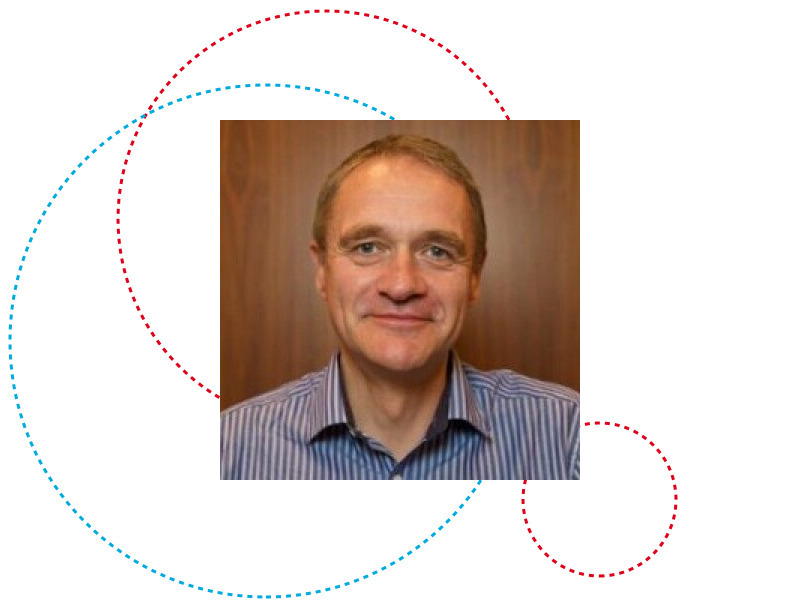Presentation doc
The ideal outcome of a Proof-of-Concept project is a technology that is ready for further external – probably private – investment of one kind or another. The second part of this workshop helps researchers think through the elements of a good Proof-of-Concept application and the kind of ‘evidence’ they need to assemble before they’re ready to write one. We start by understanding the elements of a commercial strategy for any technology. We then discuss the commercial development of a real early-stage medical device, asking the same questions that any investor would ask of your projects – what is it that you want to do with the PoC money and how does this increase the chances that the technology will receive the follow-on investment that it will inevitably need?
Session 1: Developing a Commercial Strategy
In this session, we take the example of an early-stage material technology and think through how we develop a commercial strategy to take it forward. The potential number of applications and types of user are vast and this forces us (as it should you) to focus down on one or two – which immediately results in a much better understanding of the assumptions we’re making about eventual commercial success and who it is that will invest ‘post PoC’. By the end of the session, we will have developed a framework for creating a focused ‘Plan A’ commercial ‘hypothesis’ for any technology – from which results, a clear pathway (set of actions) to inform a PoC application.
Session 2: Using early stage funds to build an investment-ready technology
In this session, we examine the early-stage commercialisation strategy of a PhD student who has developed a new antimalarial device. We ask how he should best spend scarce early-stage funds to develop the device to the point at which an external investor (independent or corporate) would be happy to invest further. The scientist has suggested a huge range of activities all of which need doing at some point. The question is which of these adds the greatest value. This discussion raises the question of where PoC funds fit in the overall funding strategy for a new technology.
Jeff Skinner is Executive Director of the Institute of Innovation and Entrepreneurship at London Business School, where he teaches on a variety of MBA and Executive Education programmes. He is a visiting lecturer at University College London, Gent University and teaches widely to academics, practitioners and students on topics of technology commercialisation, corporate innovation and new venture creation. He consults widely for university and government bodies on Technology Transfer strategy. Prior to this he was Commercial Director of University College London for 18 years, responsible for the creation of over 30 technology-based new ventures that together raised over £30m in first round seed and ‘Series A’ finance. He built the university’s licensing, corporate alliance, consulting, business development and seed fund operations. Earlier in his career he led photonic research teams at Hoechst Celanese (in New Jersey) and General Electric. He is the Founder and past President of the leading UK and European Technology Transfer Associations (PraxisUnico and ASTP). He is also co-Founder of the Professional Body for the technology transfer profession (ATTP) and Chairs their global accreditation group. He holds a PhD in Electrical Engineering, an MBA from London Business School and is a Certified Accountant.
***
The Interdisciplinary Centre for Security Reliability and Trust at the University of Luxembourg (hereafter “SnT”) collects and processes your personal data in the framework of your registration and your participation in this event and the communication of its future activities. SnT processes and keeps your personal information only to the extent necessary to fulfil the purpose stated. You can deregister from the event and withdraw your consent for the processing of data for the purpose stated via this email address. You have the right to access, rectify, and erase your personal data as well as further rights described on the Uni.lu website. You can exercise your rights by following the procedure described on the website.
Participants are hereby informed that they are likely to appear on photographs taken at the event. These are intended to be published in University of Luxembourg print and/or digital/social media. If you do not wish to be photographed, please alert the organisers and the photographer.
***
